From China-Myanmar Border to Zhejiang
Date:2024-04-17 Author:STUDY IN CHINA
[Myanmar] Nang Seng Hom, Zhejiang University
“Go abroad when going to school and return home after school.” In Ruili, Southwest China’s Yunnan Province, a group of Myanmar students cross the border to attend school every day with special China-Myanmar passes. They walked briskly, joyfully all the way across a sacred line filled with sunlight. And I was one of the children. My friends and I became a special scenery crossing the border between China and Myanmar – this was the beginning of my more than a decade of study in China, and it was also the beginning of our growth since childhood. It is an ordinary yet proud cross-cultural experience in the eyes of children in border areas. Cherishing the idea of “Appreciate the values of others as do to one’s own,” the border residents have created a “barrier-free” cross-cultural social atmosphere that is not divided by national geopolitical borders based on the same culture and shared living space.
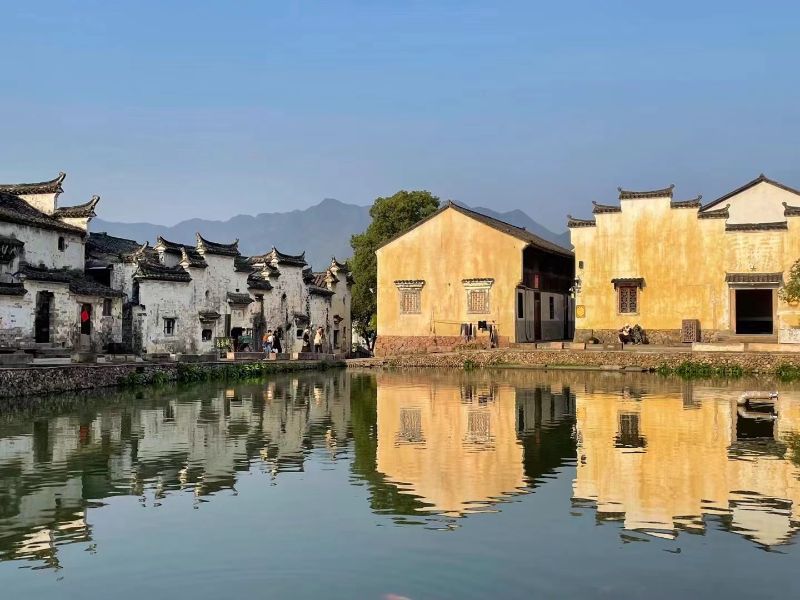
Later, on the way to study in the southwest border area, I encountered the “paradise on earth” –Hangzhou.
The poem that “When I recall the South of Yangtze River, I remember Hangzhou the most” is my first impression of the city. But after coming to Hangzhou as a foreign student, I realized that this gentle city actually has a variety of visions like a kaleidoscope. Coming out of the dual culture of China and Myanmar on the border, I met classmates from all over the world with different cultural backgrounds at Zhejiang University, where the sparks of multiculturalism lit up and collided.
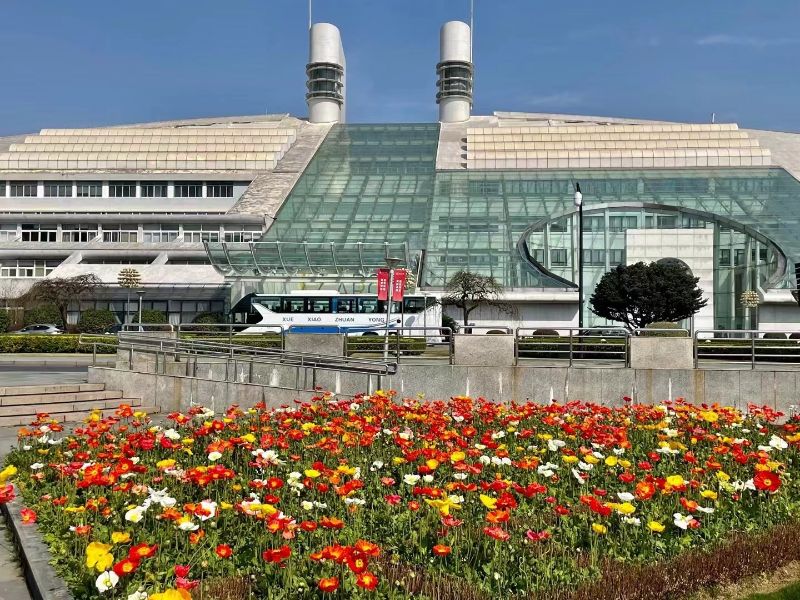
The 16th “Dream Travel in Zhejiang” series of activities for foreign students in Zhejiang Province, “Poetry and Painting South of Yangtze River, Vibrant Zhejiang,” is perhaps the best proof of this cultural exchange. In the process of preparing the short video “Youth in Zhejiang,” my classmates and I had the opportunity to travel through many famous attractions in Hangzhou to have a glance at the city’s cultural heritage. I still remember the night of the Chinese Talent Show. Students from different countries wore Han costumes, painted facial makeup, danced in Wu opera, and sang rap in Hangzhou dialect. However, when I saw my classmates on the stage as the finale, I was so moved. The sense of belonging and collective honor of Zhejiang emerged in an instant. That night, the cross-cultural experience and practice of Zhejiang really shined, and it allowed me to understand Song Dynasty rhyme culture and the achievements of Zhejiang’s social and economic development through these rich performance methods. “The soil and water support the people, and the mountains and rivers have the emotions.” This is the story of the Zhejiang foreign students who are nurtured in Zhejiang’s folk customs and the Chinese culture.
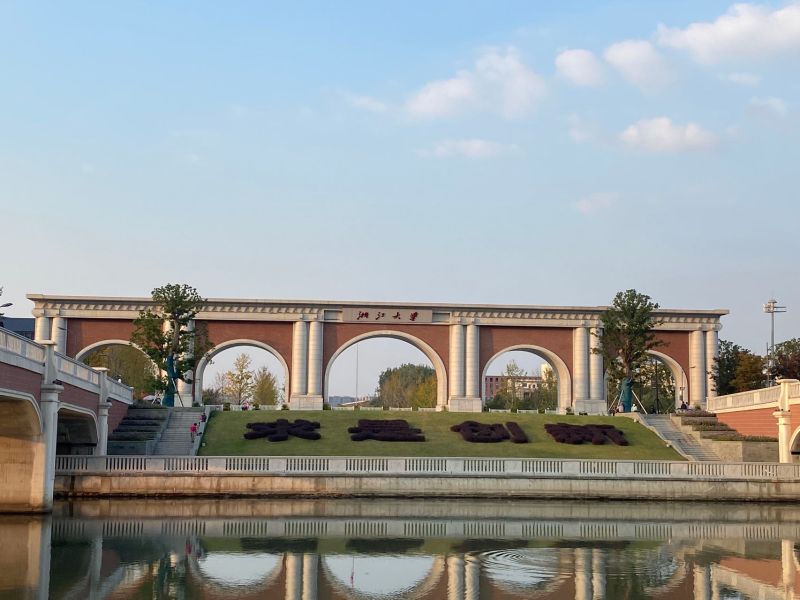
I often hear teachers say that we have caught up with the best era in Hangzhou. Studying in the Capital of Internet, we are welcoming the much-anticipated Hangzhou Asian Games. Great opportunities such as volunteering for the Games and participating in Games promotion activities are also coming to us. An Asian Games trip began to wave to me enthusiastically.
On the way through Hangzhou, I was surprised and amazed frequently by the “infrastructure maniac.” From the high-tech windows and purple body of the Asian Games train on Line 19, to the Asian Games mascots dotted in the streets and alleys, everything in this southern China city provides an immersive experience for “Everyone Welcomes the Asian Games.” As a college student, I actively participated in this cultural feast: I was present in the “Asian Games International Broadcasting Team” at the Zhejiang University station, in the interview with the martial arts world champion teacher Ma Lan, and in the martial arts introductory assessment activities. In addition, I also paid an in-depth visit to the Zijingang Campus Gymnasium of Zhejiang University, the venue of the Asian Games. I shot a VLOG during the trip and will publish it soon. I hope to show everyone “the Asian Games that you don’t know” from the perspective of a seeker. If the cross-cultural life in childhood was just the music of a gurgling stream, then the open attitude presented by the Asian Games in cultural integration which can be described as an inclusive attitude that “accommodates all rivers.” In just one sports event, the style of a great country is vividly displayed in front of people.
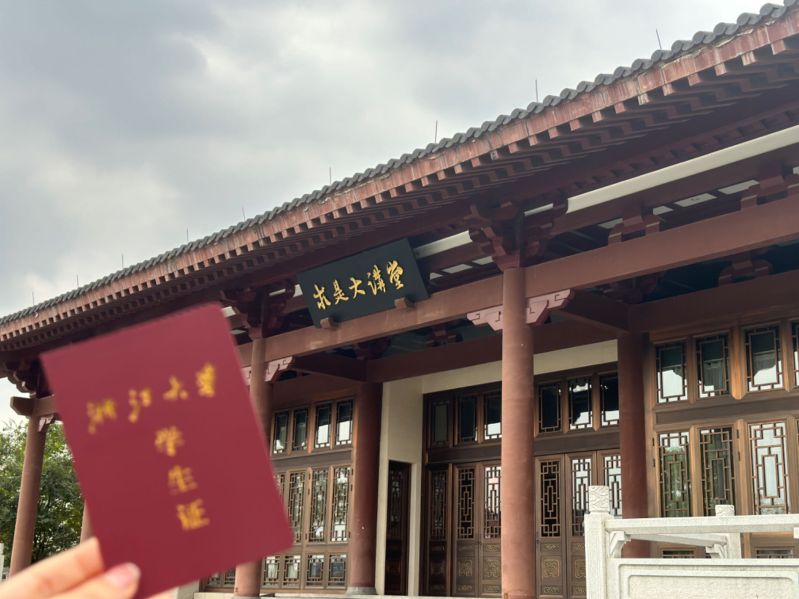
During my 15 years of studying in China, my cross-cultural experience has always been a colorful background for my continuous growth and broadening of my horizons. From babbling to the prime of life, time has led me to witness the wonderful 20 years of Chinese cultural integration. When I was studying in the southwest border, I was excited about the high-quality development of Ruili, the largest land port in Yunnan Province, which is my second hometown “on the shores of China and Myanmar.” Today, in the three years of studying in Hangzhou, I got used to its unique rhythm. It enriches my cross-cultural experience and witnesses the city shining brightly in cultural integration and innovation. I have always believed that I can be a “civilian messenger” and record scenes of Chinese stories in the eyes of an international student through a cross-cultural viewfinder, helping more international students and foreigners study in China and understand the most authentic and colorful China.
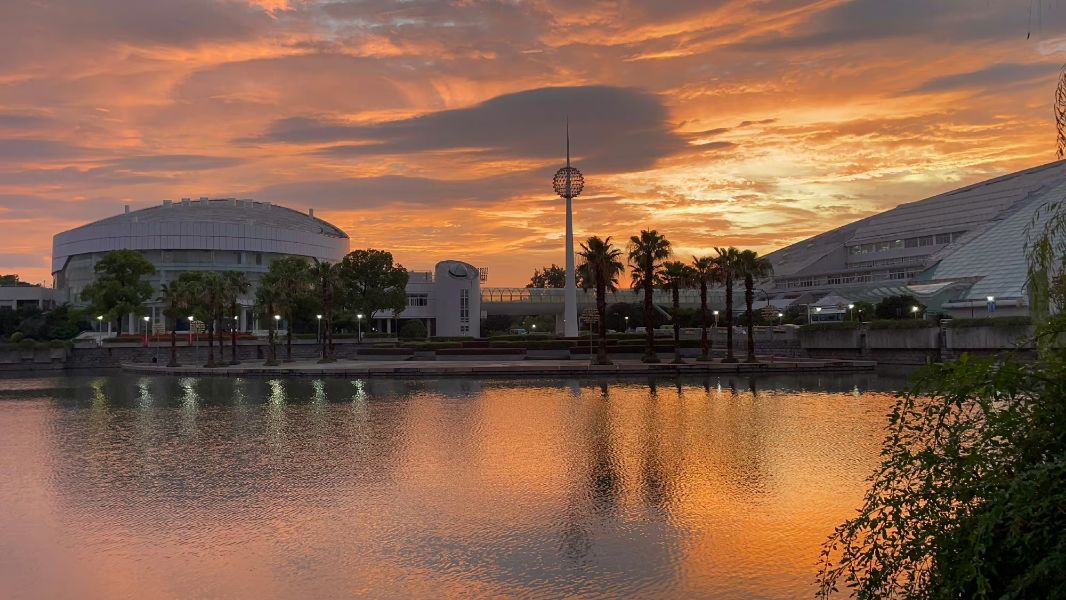






 京公网安备 11010802035729号
京公网安备 11010802035729号